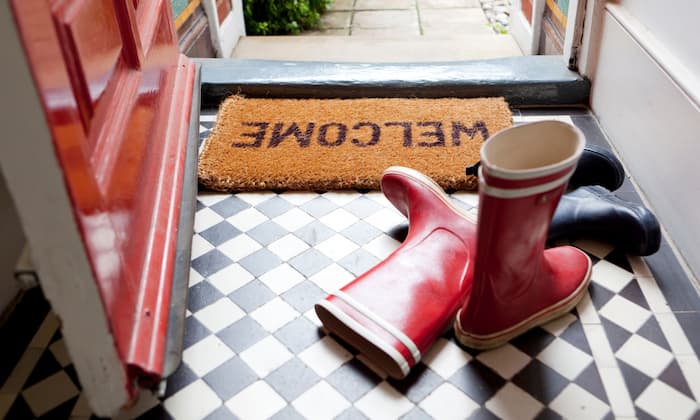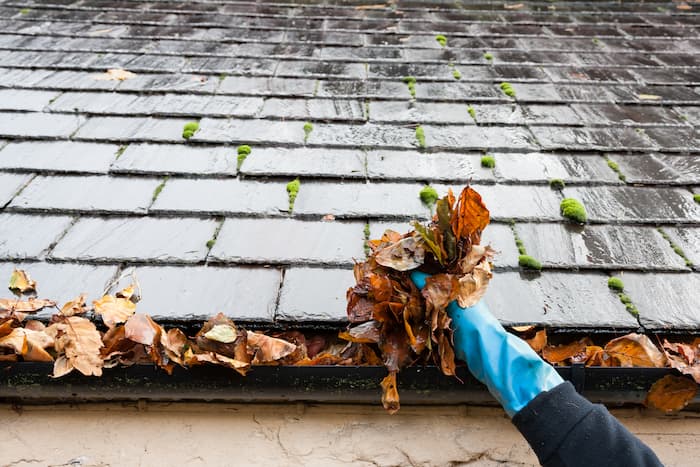Go paper-free
Amend paper-free preferences for your statements and communications.
When you’re looking to buy a house, it’s important to make sure you ask the right questions.

The agent might not know, but it doesn’t hurt to ask. If they’re looking to sell quickly, they might accept a lower offer. For example, if they’re in a property chain.
Ask how long they’ve lived there. If they’re selling their house after less than a year, is there a reason, such as noisy neighbours for example?
If you’re thinking of buying a listed property or a home in a conservation area, be aware that this could restrict what you can change about it. Or it could make the process a bit more difficult. This includes:

Figuring out how much you’ll be paying each month to live in the property can help you budget properly.
Find out the property’s council tax band and ask how much the average utility bills are each month. You can then factor these costs into your monthly outgoings.

If you’re viewing the property during the day, the area may seem nice and quiet. But does it become noisier in the evening?
Book one viewing during the day, then arrange another after work. Remember to bring a friend, partner or family member along with you for a second opinion.